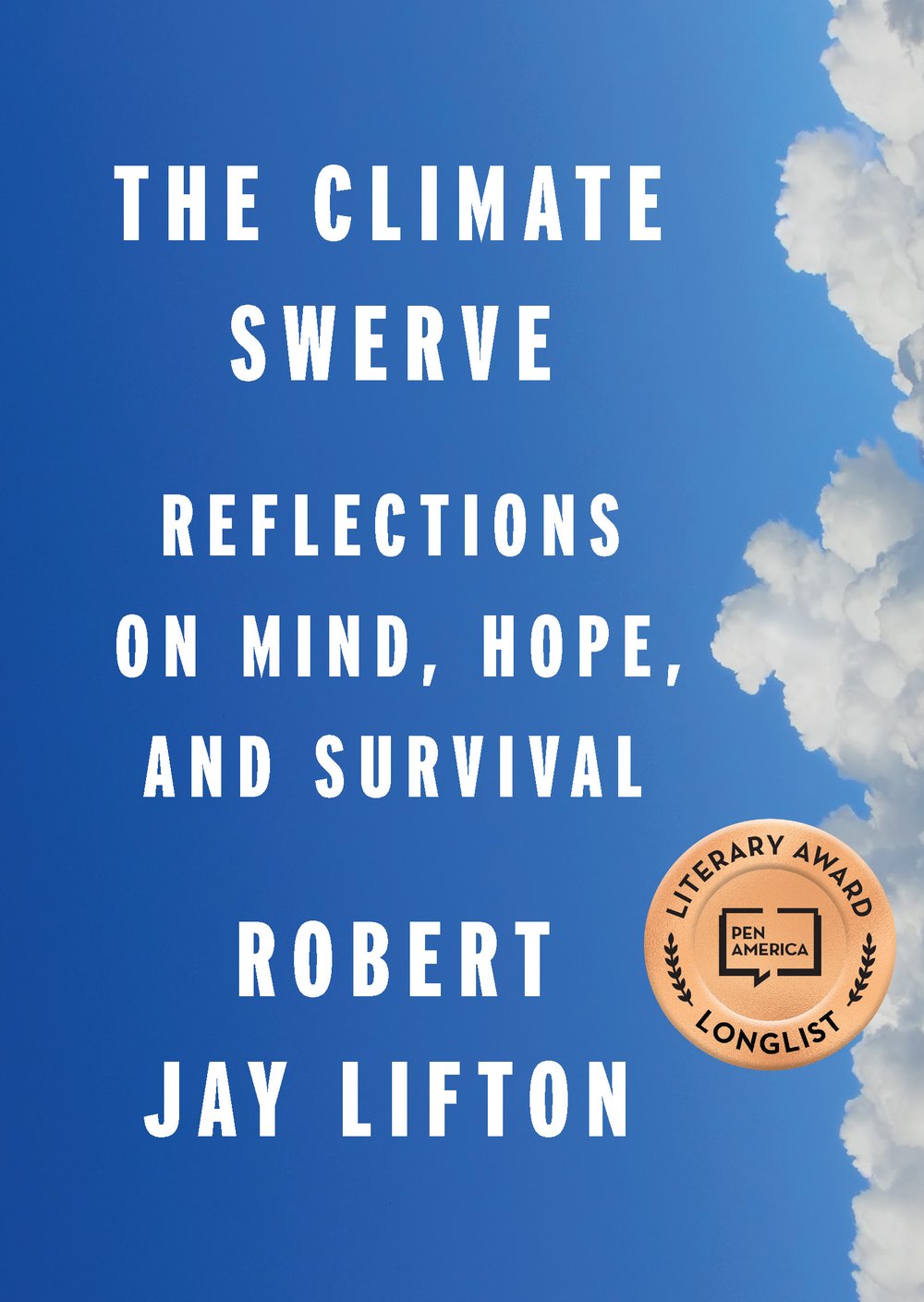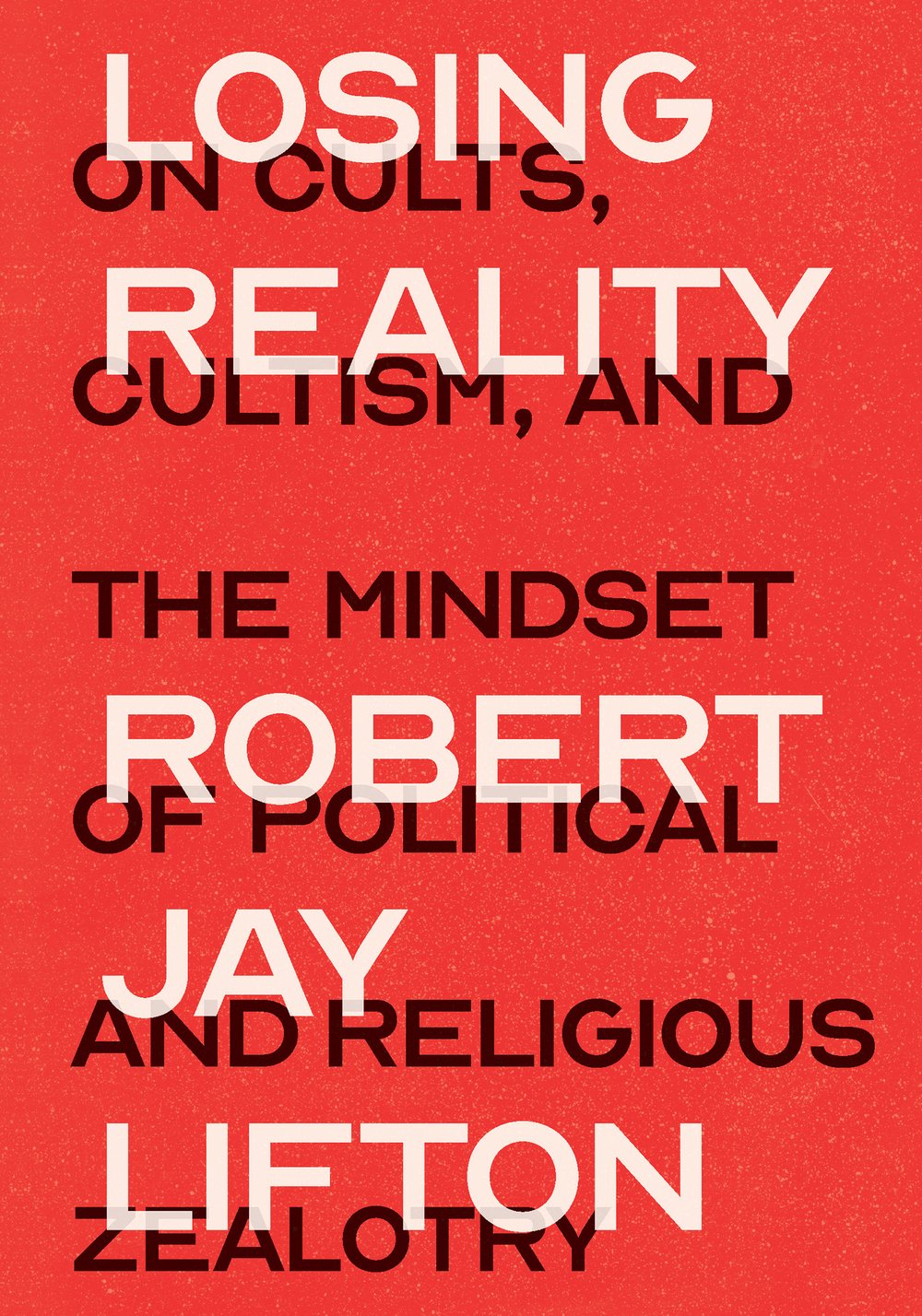The Climate Swerve
Reflections on Mind, Hope, and Survival

Over his long career as witness to an extreme twentieth century, National Book Award–winning psychiatrist, historian, and public intellectual Robert Jay Lifton has grappled with the profound effects of nuclear war, terrorism, and genocide. Now he shifts to climate change, which, Lifton writes, "presents us with what may be the most demanding and unique psychological task ever required of humankind", what he describes as the task of mobilising our imaginative resources toward climate sanity.
Thanks to the power of corporate-funded climate denialists and the fact that "with its slower, incremental sequence, [climate change] lends itself less to the apocalyptic drama", a large swathe of humanity has numbed themselves to the reality of climate change. Yet Lifton draws a message of hope from the Paris climate meeting of 2015 where representatives of virtually all nations joined in the recognition that we are a single species in deep trouble.
Here, Lifton suggests (in this lucid and moving book that recalls Rachel Carson and Jonathan Schell) was evidence of how we might call upon the human mind — "our greatest evolutionary asset" — to translate a growing species awareness — or "climate swerve" — into action to sustain our habitat and civilisation.

A pioneer in the field of psychohistory, Robert Jay Lifton is a psychiatrist and author best known for his studies of the psychological causes and effects of war and political violence and for his theory of thought reform and cult behavior. He has written over twenty books, including many seminal works in the field such as the National Book Award–winning Death in Life: Survivors of Hiroshima, Los Angeles Times Book Prize–winning The Nazi Doctors, National Book Award–nominated Home from the War, as well as The Climate Swerve, Losing Reality, and Surviving Our Catastrophes (all from The New Press). He has taught at Yale University, Harvard University, and the City University of New York. He lives in Wellfleet, Massachusetts.


